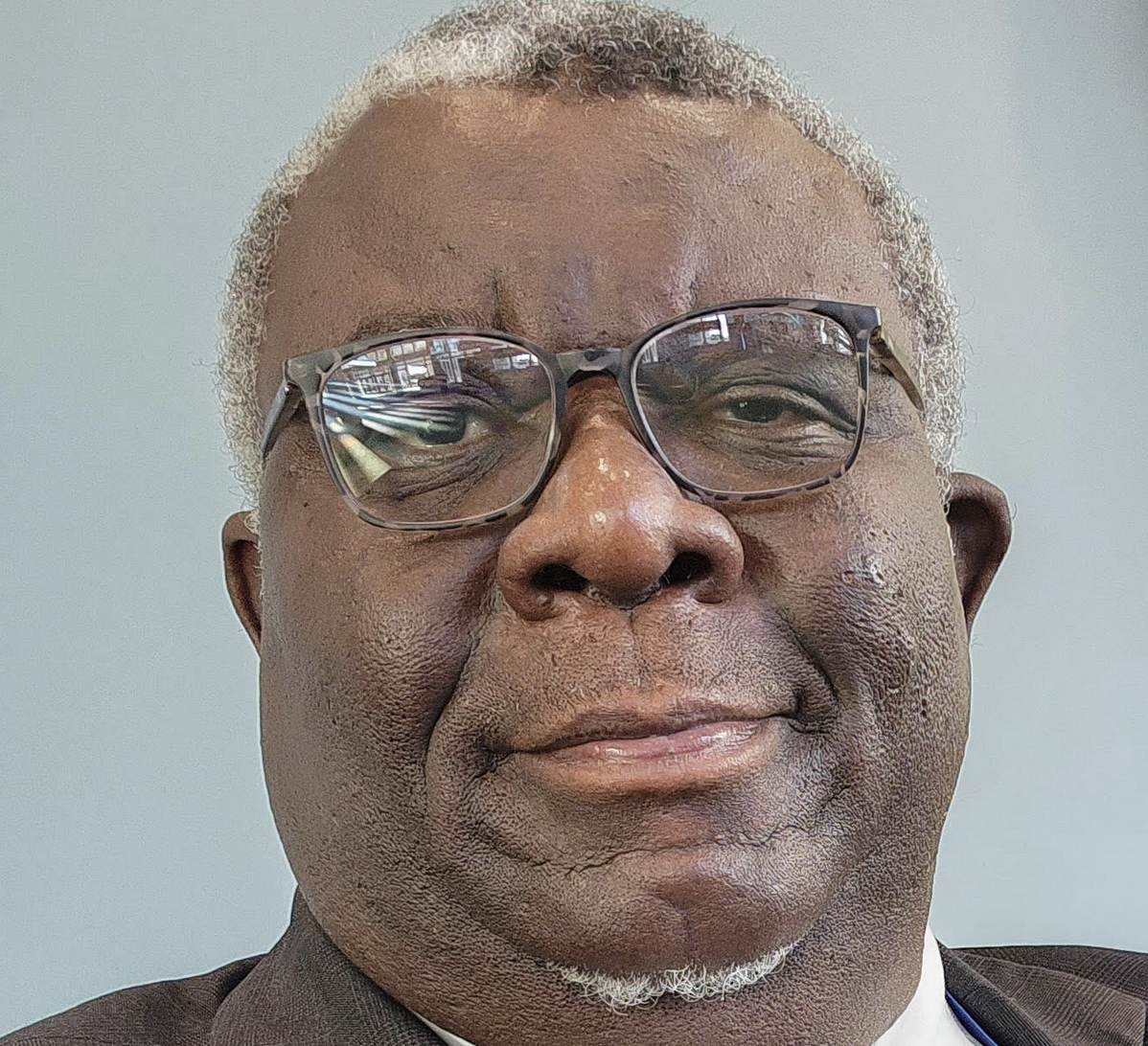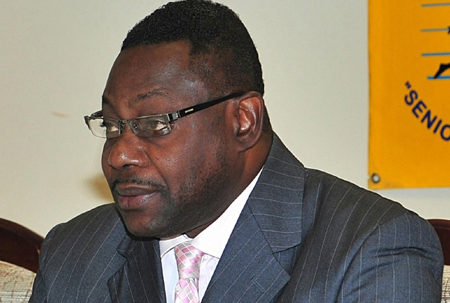Similarly, it has to worry the small Caribbean island, Barbados, that Venezuela claims that a recent offshore oil bidding round by Barbados violates the maritime border with Venezuela. Venezuela is a not a signatory to the UN Convention of the Law of the Sea. The Barbados Foreign Ministry has said that the bid does not infringe on the rights of any other state. Chavez may be helping some Latin American and Caribbean countries through the crunch of high oil prices with his PetroCaribe arrangements, but his military build-up will cause them great unsettlement as well.
Source: Jamaican Observer
 Based on our count ten of the fifteen members of CARICOM are signatories to the PetroCaribe Agreement. After reading Sir Ronald Saunder’s article we are left to question the effectiveness of CARICOM. The PetroCaribe Initiative has been discussed exhaustively and if viewed in the context of the preferential payment it rewards its members, we have to say it is a sweet deal. To prove our point, a Reuters report confirmed that the Caribbean currently imports 450,000 bdp of oil, Venezuela supplies 190,000 bdp of oil and products to the Caribbean and Central America as part of the PetroCaribe arrangement. What the dependence on PetroCaribe has done is to make the CARICOM region hugely indebted to Venezuela. As the price of oil rises (although falling in recent days) the indebtedness to Venezuela by CARICOM countries signed-on to PetroCaribe will rise.
Based on our count ten of the fifteen members of CARICOM are signatories to the PetroCaribe Agreement. After reading Sir Ronald Saunder’s article we are left to question the effectiveness of CARICOM. The PetroCaribe Initiative has been discussed exhaustively and if viewed in the context of the preferential payment it rewards its members, we have to say it is a sweet deal. To prove our point, a Reuters report confirmed that the Caribbean currently imports 450,000 bdp of oil, Venezuela supplies 190,000 bdp of oil and products to the Caribbean and Central America as part of the PetroCaribe arrangement. What the dependence on PetroCaribe has done is to make the CARICOM region hugely indebted to Venezuela. As the price of oil rises (although falling in recent days) the indebtedness to Venezuela by CARICOM countries signed-on to PetroCaribe will rise.
The growing concessional financing provided by President Chevez combined with his ideologue should start to concern leaders in CARICOM. In the case of Barbados the challenge to two Offshore Blocks out of twenty six has been labeled a hostile act by Venezuela. We have listened to the response from Minister of Foreign Affairs Chris Sinkler but what recourse is there for Barbados? Remember that Venezuela is not a signatory to the UN Convention of the Law of the Sea. We read recently that Venezuela has purchased millions of dollars in military aircraft and other weapons.
We have so far established the influence which Venezuela currently has over most of the members of CARICOM because of PetroCaribe. We have established the military might of Venezuela, all the time cognizant that Venezuela is a ‘dictatorship’. It is no secret that Chevez sees himself as a ‘Castro’ and has tried unsuccessfully to change the constitution of Venezuela to make him President for life. Also we need to remember that Venezuela is not a signatory to the UN Convention of the Law of the Sea.
The final point to our argument is to highlight that Petrotrin (Trinidad) has had to improve it refinery operations to gain entry to non-CARICOM markets. Petrotrin was severely affected by the CARICOM countries defecting to PetroCaribe and had to retool to penetrate new markets. According to reports Petrotrin has made the adjustment and in the prevailing world market conditions is doing quite well. It is ironic that Trinidad removed the Common External Tariff (CET) on petroleum products which has allowed Venezuela to avoid additional costs to PetroCaribe members.
Should we not have a ONE CARICOM foreign trade policy?
What CARICOM what!?!




The blogmaster invites you to join the discussion.